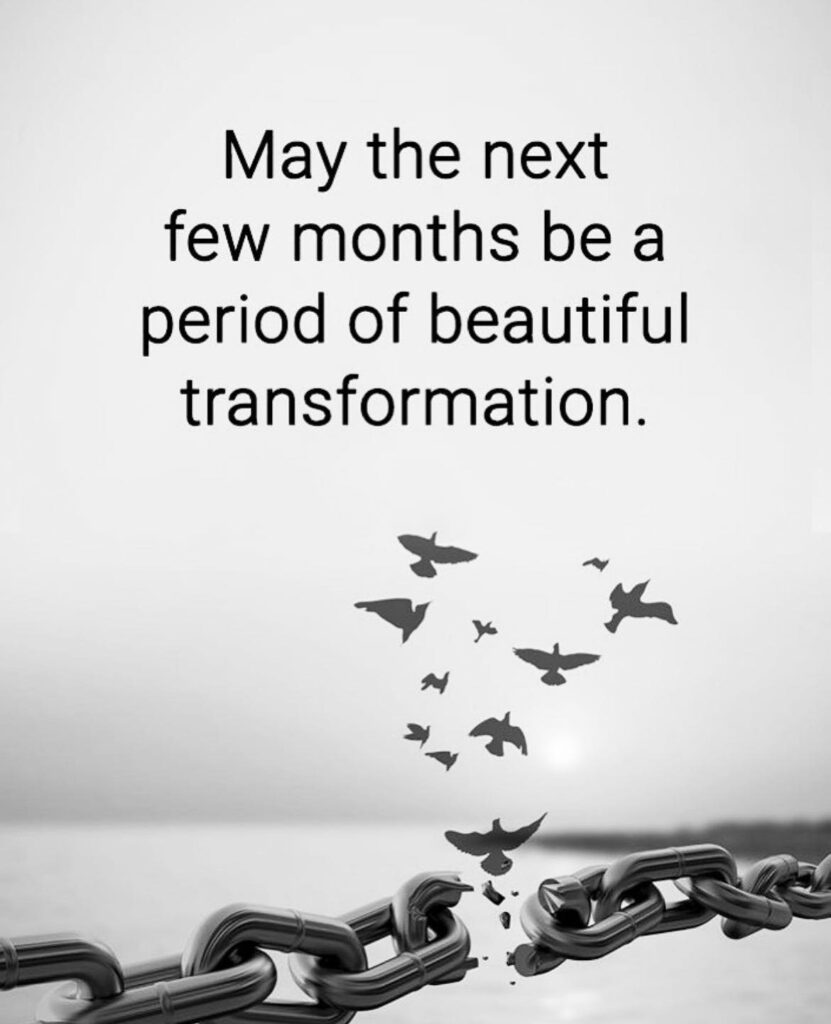Feeling worn out even when you’re getting things done? That might be a sign something’s off. Work isn’t supposed to leave you drained every day. Still, a lot of people push through it—thinking that staying busy means they’re doing well. But being productive at work doesn’t have to come with stress, long hours, or constant pressure.
Many jobs today demand a lot, but they don’t always give people the tools to manage it all. That’s why burnout has become so common. It starts with skipping lunch, saying yes to everything, or answering emails late at night.
The good news? You can stay productive without running yourself into the ground. It’s not about doing more—it’s about doing what matters, with better habits and smarter choices. Once you shift how you work, things get lighter. And it becomes easier to stay focused, finish strong, and feel good when you log off.
Understand What Really Drains You
Feeling tired isn’t always about working long hours. Sometimes, it’s the pressure, the constant switching between tasks, or not knowing what to focus on first. Staying productive at work gets harder when your energy is leaking in quiet, hidden ways.
Look out for these common drains:
- Unclear priorities — You waste energy guessing what’s important.
- Mental overload — Too many thoughts, no space to breathe.
- Frequent interruptions — Messages, calls, or coworkers break your flow.
- Toxic work habits — Saying yes too often, working while sick, skipping lunch.
Start tracking when your energy drops during the day. Are you more tired after certain meetings? Do certain tasks leave you feeling stuck?
Use simple tools like:
- A quick journal note
- A 1–10 energy rating every few hours
- A calendar emoji system (🟢 = good, 🔴 = drained)
Finding your patterns helps you stay productive at work without draining yourself every day.
Redefine What Productivity Looks Like
Getting more done doesn’t mean sitting longer at your desk. In fact, after a certain point, working more hours just makes you slower and more stressed. To stay truly productive at work, it’s better to work smarter—not more.
Try thinking about these:
- Busy doesn’t mean effective — Answering 50 emails doesn’t always move big projects forward.
- Output matters more than effort — A 30-minute focused task can bring better results than three hours of multitasking.
Instead of asking, “Did I do enough today?” ask, “Did I finish the things that matter most?”
You’ll feel more accomplished and less overwhelmed.
Remember: It’s not about how much you do—it’s about what gets done.
Design a Sustainable Daily Workflow
Working non-stop makes it harder to stay focused. Instead of chasing every task as it comes, build a rhythm that supports you. This helps you stay productive at work without hitting a wall halfway through the day.
Here’s a better way to structure your time:
- Use time blocks — Work in 90-minute chunks, then take a 10–15 minute break.
- Batch similar tasks — Answer emails all at once, then move to deeper work.
- Leave buffer time — Give yourself space between meetings or tasks to reset.
Also, protect your best thinking hours. For many people, that’s the morning—so tackle your hardest task first. If you’re more alert in the afternoon, plan your top-priority work then.
A good schedule doesn’t just keep you busy—it helps you move through your day with less stress and more focus.
Build Boundaries That Actually Stick
When work starts spilling into your nights or weekends, burnout isn’t far behind. Boundaries help protect your time, your energy, and your peace of mind.
Try these habits:
- Practice saying “Not right now” — It’s okay to pause or delay new requests. Say, “Let me finish what I’m working on, and I’ll circle back.”
- Set a clear end time — Pick a time to stop each day and stick to it. Use a phone alarm or calendar block as a reminder.
- Create a shutdown routine — Close your tabs, write tomorrow’s top three tasks, and step away from your workspace.
If you’re working from home, step outside for a few minutes or change into something comfy to help your brain shift gears.
Small habits like these help create space between work and life—so you can feel more in control and recharge for the next day.
Rethink How You Handle Interruptions
Ping. Buzz. “Got a sec?”—and just like that, your focus is gone. Studies show it takes several minutes to get back on track after each interruption. Even small things like a message or email can break your flow and slow you down. Staying productive at work gets harder when you’re constantly pulled in every direction.
Here’s how to cut the noise:
- Batch notifications — Check emails and messages at set times.
- Use “focus hours” — Block a few hours where no calls or chats are allowed.
- Set a status message — Try “working on something—back after 2 PM.”
These small steps create space for deep work. You’ll finish faster, feel less scattered, and protect your energy for the things that matter most.
Know When to Do Less, Not More
Too much on your plate? That’s one of the biggest reasons people burn out. If you’re always rushing, switching tasks, or working late just to catch up, it’s time to look closer. Being productive at work doesn’t mean saying yes to everything.
Here are signs you might be doing too much:
- You never have time to plan.
- You’re always multitasking but finishing little.
- You feel like you’re spinning your wheels.
Start trimming low-value tasks with zero guilt. Use the 80/20 rule: 80% of your results often come from just 20% of your efforts.
Let go of:
- Meetings with no clear purpose
- Tasks that don’t move big goals forward
- Work that’s only done “because we’ve always done it”
Doing less, when it’s the right less, makes room for better focus and real progress.
Make Recovery Part of Your Work Strategy
Running on empty doesn’t help you get more done. If anything, it slows you down. Just like your phone, your brain needs regular charging. Breaks are part of the job—not a reward after it.
Try these simple ways to reset:
- Step away — Go outside, stretch, or move around for 10 minutes.
- Eat a proper lunch — Not at your desk, not while scrolling.
- Pause between tasks — Even a short walk helps clear your head.
When the workday ends, real rest begins. To stay productive at work tomorrow, you need recovery today. That includes:
- Getting enough sleep
- Turning off work emails in the evening
- Doing things that make you feel like yourself again (reading, hobbies, music, anything)
Rest isn’t wasting time—it’s part of doing your best work.
Upgrade Your Habits, One Small Change at a Time
Changing everything at once sounds good—but usually doesn’t last. The easier way to stay productive at work is to shift one habit at a time.
Pick a habit that feels manageable:
- Closing your laptop by a set time
- Leaving your phone out of reach while working
- Taking five minutes to plan tomorrow before ending today
Keep it simple. One small win leads to the next.
To stay motivated:
- Write down what worked this week
- Notice when you feel calmer or more focused
- Cross off even small tasks—you’ll feel the progress
Improving how you work doesn’t mean a full reset. Just one steady step makes a real difference over time.
Make Accountability a Built-In Tool
Going solo can make it harder to stay consistent. Having someone to check in with—even briefly—can help keep you on track.
Here’s what helps:
- Work buddy system — Share goals weekly with a coworker or friend.
- Quick check-ins — Send a message like, “Did we both stick to our plans today?”
- Weekly reflection — Set 10 minutes every Friday to ask:
- What worked this week?
- What drained my time or energy?
- What small change can I try next?
You don’t need a coach or a big plan. Just someone to remind you that staying productive at work doesn’t have to be perfect—it just needs to be consistent. Small accountability steps add up.
Final Thoughts: Productivity Shouldn’t Cost You Your Health
Getting things done shouldn’t leave you feeling exhausted every day. Real productivity comes from habits that support you—not drain you. When you set better limits, take real breaks, and focus on what matters most, you’re more likely to stay consistent without burning out.
The goal isn’t to keep pushing—it’s to work in a way that feels balanced and steady. Being productive at work means having enough energy left for your life outside of it too. Once you protect your time and make smart changes, you’ll start ending your days feeling proud, not just tired. That’s the kind of success that lasts.















